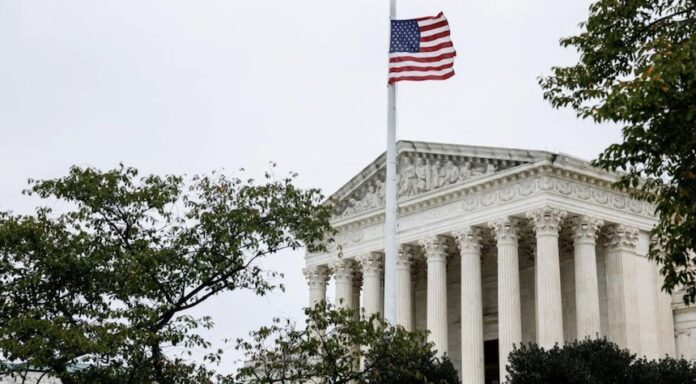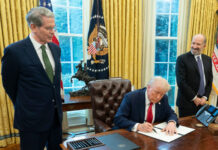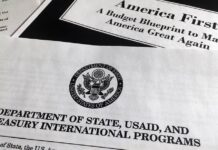The Washington Post reports that the Supreme Court will hear a case challenging Section 230, 1996 Communications Decency Act. This provision protects social media companies against liability for third-party content posted to their sites.
The family of Nohemi González, a 23-year-old Californian woman who was killed during an ISIS attack in Paris in 2015, brought the case.
According to Reuters, the lawsuit charges Google, which is also owned by Alphabet, with materially supporting terrorism. This is in violation of Anti-Terrorism Act. This law allows Americans to seek damages for “an act international terrorism.” Gonzalez’s family claims that YouTube’s algorithm helped ISIS spread their militant message by recommending videos of the group to YouTube users. They also claim that YouTube’s “assistance” was responsible for the attack in 2015.
The lawsuit was dismissed by the United States Court of Appeals, Ninth Circuit in 2021. It relied heavily on Section 230 protection for tech companies.
American relatives brought suit against Twitter in a similar case. They were representing Nawras Alasaf, a Jordanian citizen, who was killed in the 2017 Istanbul mass shooting. ISIS claimed responsibility for the attack. Alassaf’s family claimed that Twitter violated the Anti-Terrorism Act, failing to delete accounts and posts that were related to ISIS.
The Ninth Circuit reversed a lower court’s decision to dismiss Twitter’s case. Twitter’s claim for immunity under Section 23 was not considered by the court.
In recent years, Section 230 has been criticized by people from all sides of the political spectrum. “Democrats fault it for allowing social media companies to spread hate speech and misinformation. Reuters explains that it was used by Republicans to censor voices of the right, particularly after Twitter and other platforms banned Donald Trump.
The Supreme Court’s decision on this issue could have a profound impact on the future development of online speech. According to Jeff Kosseff (a cybersecurity law professor at U.S.), “The whole scope of Section 230 could potentially be at stake depending on what Supreme Court wants.” Naval Academy.




